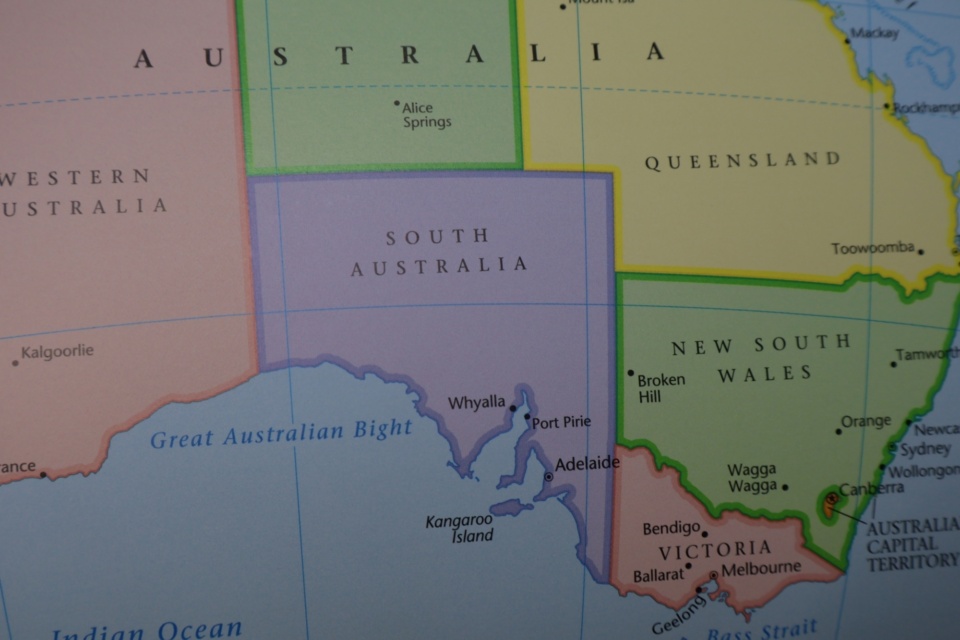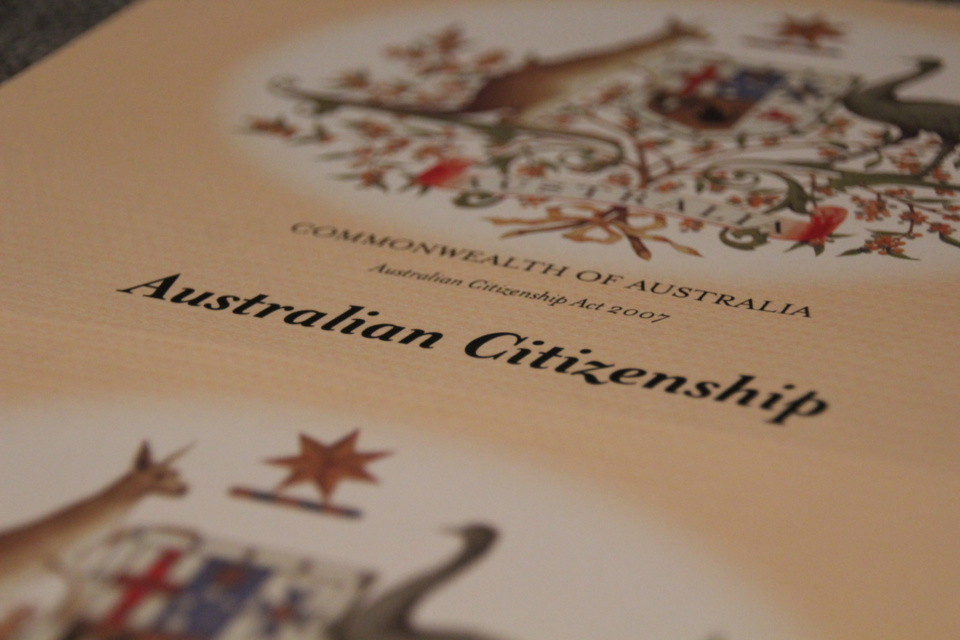
One Nation’s chances as a dominant conservative party are piñata-like
Posted on 11 Feb 2026
Opinions polls insist Pauline Hanson's fortunes are on the rise, but it is likely that enthusiasm…
Posted on 22 Apr 2024
By Denis Moriarty

We should be trying to promote mental health and reduce homelessness because it’s the right thing to do, says Our Community group managing director Denis Moriarty.
Immediately after the Bondi Junction stabbings various social media posters denounced them as terrorism – some as Islamic, some as Zionist, depending on preference.
This reaction was, obviously, stupid, premature and misleading, but it was perhaps understandable. It’s easier to come to terms with the world’s tragedies if we can find somebody or something to blame who isn’t us.
If only the bad guys could wear identifying uniforms, life would be more straightforward.
Joel Cauchi wasn’t a terrorist, as terrorists are basically people who want you to know what their motive was.
Was he a misogynist? Quite possibly. But we’re not going to eliminate misogyny in this country overnight, and in the meantime we’re better off with misogynists who see their psychiatrists more often than their knife-sharpeners.
I’m not trying to excuse Joel Cauchi. What would be the point? If we’re trying to understand why this happened, though, and what we might do to prevent it happening again – and there’s now to be an $18 million government inquiry into just that – it’s worth noting that at the time of his rampage he was off his meds and living in his car. Whatever his other pathologies, that didn’t help.
We can fix homelessness. It’s not a natural law, it’s a social choice.

When we were afraid that people sleeping on the street would get covid and infect us with it, we took steps to mitigate the risk. We moved them into hotels (which were, to be sure, largely otherwise emptied by travel restrictions) where they could be reached more easily by health services. That helped a lot.
Today we seem to have reverted to our pre-covid state of helpless frustration when it comes to the property market, unable or unwilling to simply build more houses.
We have transferred the old concepts of heaven, purgatory and hell across to owning, renting and couch surfing, with all the weight those ideas carried when we believed in the power of God rather than negative gearing.
I’m just waiting for one party or the other to come forward with a policy of buying 100,000 housing units and tearing them down, just to enhance the rarity value of the surviving houses and drive up the median sale price (actually, I should be careful about putting ideas into their heads).
Professor Patrick McGorry, a psychiatrist, rightly says, “The only way to reduce the risk to the public is to fund the mental health system in a substantially increased way with the right service design and culture of care,” but then he also says that the actual risk is of one or two deaths a year, not a figure sufficient to unzip the national wallet.
We know that mental health issues make you more likely to lapse into homelessness, and that homelessness can make mental health issues worse, if only because it’s hard to provide services to someone unless they have a fixed address.
We know that both problems are easier to solve if they’re addressed together. What we don’t know is how to make anybody care.
"Those who have experience of the impact of mental illness in their own families know the terror of losing connection to the people you love."
It’s tempting to use Cauchi’s killings to scare people into caring about the mental health of homeless people, but that would be inaccurate and counterproductive.
People with mental illness are many times more likely to be victims than perpetrators, for one thing, and for another Australians faced with a threat are much more likely to try to deport it than they are to try and fix it.
It must be acknowledged, too, that I’m talking about providing homeless people with homes and with care in a country where we don’t have enough homes and don’t have enough mental health professionals.
In the short term, it’s a matter of improving triage or shuffling resources around to crisis points, and in either case upping the stresses on systems and risking more burnout of staff.
In the long run – preferably before we’re all dead – we have to spend more, which means raising taxes, which means caring about people in households other than our own, things that as Australians we’re not particularly good at.
Those who have experience of the impact of mental illness in their own families know the terror of losing connection to the people you love.
The anguish of Cauchi’s father is eloquent. “He is my son and I am loving a monster,” he said. “To you, he is a monster. To me, he was a very sick boy.”
We should be trying to promote mental health and reduce homelessness because it’s the right thing to do. It’s worth saving people from hell.
Denis Moriarty is group managing director of OurCommunity.com.au, a social enterprise that helps Australia's 600,000 not-for-profits.
We're proud to take a stand on progressive issues. Here's a taste of our commentary.

Posted on 11 Feb 2026
Opinions polls insist Pauline Hanson's fortunes are on the rise, but it is likely that enthusiasm…

Posted on 28 Jan 2026
This year’s Adelaide Writers’ Week began with the cancellation of a talk by Palestinian-Australian…

Posted on 17 Dec 2025
Posturing by the US president about Europe's immigration policies, even warnings of future…

Posted on 03 Dec 2025
If you wanted an example of the problems inherent in federal systems, you couldn’t do better than…

Posted on 19 Nov 2025
When it comes to loyalty to car brands, it can be confusing who we should support, and, even more…

Posted on 05 Nov 2025
Before the Prime Minister gets too excited about his recent meeting with the American President, he…

Posted on 14 Oct 2025
The idea of "long term" is not something that sits well in the social media era, yet governments…

Posted on 30 Sep 2025
I am proud of what Our Community, and its exceptional team, have achieved in the past 25 years. As…

Posted on 16 Sep 2025
Happy Australian Citizenship Day! To mark the occasion, Our Community leader Denis Moriarty takes…

Posted on 02 Sep 2025
Words live, evolve, and sometimes die. Some words are invented from scratch, some are old words…

Posted on 26 Aug 2025
The cost of the National Disability Insurance Scheme (NDIS) is climbing relentlessly – $44 billion…

Posted on 04 Aug 2025
The new leader of the Liberal Party, Sussan Ley, wants to increase the proportion of women…